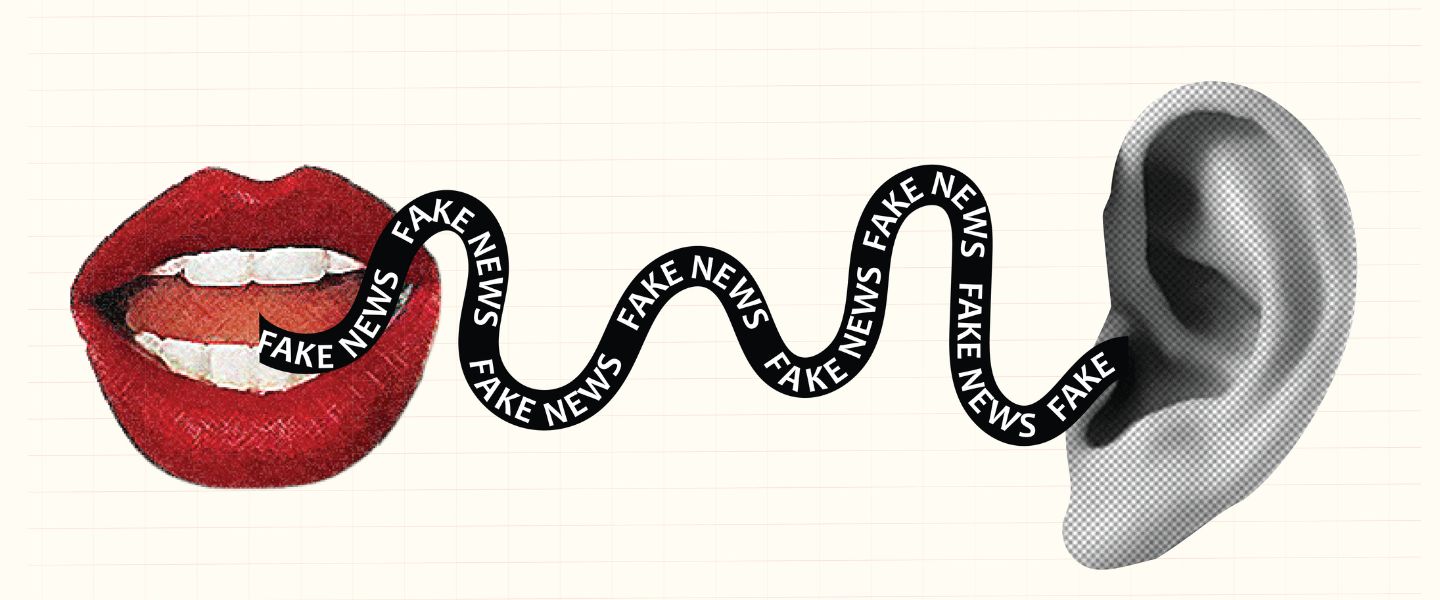
Is it time you went back to beige?
Beige gets a bad rap from brand consultants, but when you’re stressed, it’s hard to think clearly: you need to return to neutral first. To reset your nervous system, try going back...

by Howard H. Yu Published November 19, 2025 in Brain Circuits • 4 min read
a. Within the last 24 hours or so.
b. I can’t remember the precise occasion.
c. Never.
a. Never.
b. Occasionally.
c. Frequently.
a. They won’t think any differently of me.
b. It depends – it won’t change how I’m seen by people close to me, but others may see me as lacking in some way.
c. They may lose a degree of trust in my leadership.
Mainly As: You are a confident leader and perceived as authentic by your team.
Mainly Bs: You’re getting there, but you need to remember the upside of being open with colleagues.
Mainly Cs: You fear appearing weak in the workplace and are very well-defended. Check out the tips below to see how admitting that you don’t know everything can have the opposite effect to the one you’re worried about.
Trust is a vital commodity in leadership, but, according to numerous employee surveys, it is in short supply. Being honest by admitting that you don’t have all the answers is key to building trust with peers and reports.
Reflection and learning are the lifeblood of an organization, but they are intangible and difficult to measure. Saying “I don’t have the answers now, but I’ll go away and find out” helps cultivate a spirit of learning.
People often hesitate to show vulnerability because they think it’s a sign of weakness, but it’s a strength if you show a path forward. This helps create an environment where people can experiment without fear of failure or reproach.
People learn from mistakes, and so can organizations – but you can’t learn from your mistakes if you don’t admit to them. Better to “fess up” fearlessly and invest in discovering real solutions, rather than try to cover up.
Revealing that you don’t know everything is an instance of self-disclosure, a character trait that research has shown to be equated with authenticity – an invaluable quality in leaders.
It’s better to reassure people that you understand their sense of uncertainty than claim to be all-knowing. This will only damage your credibility inside and outside the organization and make you a hostage to fortune.
As a leader, you should be ready for tough questions, admit you don’t have all the answers, and outline a plan to learn together by saying, “I don’t know, so let’s explore and figure it out.” The benefits to your team, the organization, and your own peace of mind may surprise you.

LEGO® Chair Professor of Management and Innovation at IMD
Howard Yu, hailing from Hong Kong, holds the title of LEGO® Professor of Management and Innovation at IMD. He leads the Center for Future Readiness, founded in 2020 with support from the LEGO Brand Group, to guide companies through strategic transformation. Recognized globally for his expertise, he was honored in 2023 with the Thinkers50 Strategy Award, recognizing his substantial contributions to management strategy and future readiness. At IMD, Howard Yu co-directs the Strategy for Future Readiness program and the Future-Ready Enterprise program, which is jointly offered with MIT.

February 12, 2026 • by Francesca-Giulia Mereu in Brain Circuits
Beige gets a bad rap from brand consultants, but when you’re stressed, it’s hard to think clearly: you need to return to neutral first. To reset your nervous system, try going back...

February 11, 2026 • by Stefan Michel in Brain Circuits
Drawing on his recent IMD podcast with Amar Bhidé, IMD Professor of Management Stefan Michel debunks longstanding misconceptions about entrepreneurship....

February 10, 2026 • by Susanne May in Brain Circuits
Forget everything you’ve heard about genius CEOs, intuition, and heroic decision-making, says Susanne May – use Jensen Huang’s radical leadership of Nvidia as a blueprint to succeed in the AI era....

February 5, 2026 • by Michael D. Watkins in Brain Circuits
AI can do plenty in terms of learning and skills development – but educators and talent leaders also need to understand what AI tools should not be used for. ...
Explore first person business intelligence from top minds curated for a global executive audience